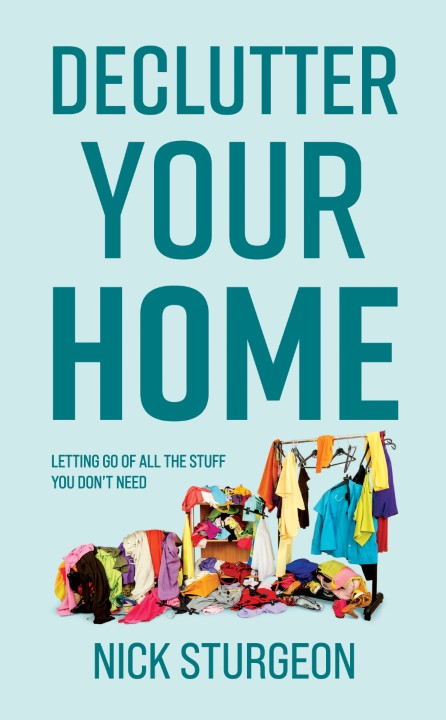I knew I was a 'Collector', and always preferred that title more. It started out as a school boy given a stamp album and collecting the bags of franked stamps, looking through the magnifying glass for rare marks, unusual countries, changed country names. Then it moved into other costly hobbies, collecting medals, uniforms. After university and working for a living I started to collect houses, not just the one but dozens of them, buying them and renting them out.
Nowadays I know that the brain of someone like me works in a way that has been diagnosed as an actual medical condition, categorised and understood by psychologists. People who are hoarders go overboard in the saving of items that other people will regard as worthless. The hoarder apparently struggles in parting with possessions, and this leads to clutter that gets in the way of effectively using their homes or work spaces. Yes, that's been me. I think I can say that I certainly tick that box! My journal entires from the time of that move showed me for sure that I was struggling with the disorder.
Do you have Hoarding Disorder?
Hoarding and collecting are distinct activities. The collector will search out specific items, working to a list or a recommendation of what will be popular or have greater value in the future. They are likely to display their items in a presentable and ordered manner. When an item is placed within an established collection, it is allocated a special almost magical status. By combining it with other connected or somehow similar pieces, the one acquires more value than it was deemed to have when on its own. Popular acceptance suggests that a collection has a value, yet it is only seen this way by other collectors of that niche area. The truth is that collections give to their owners a sense of importance, and are a socially acceptable form of possessiveness. There is social prestige and enhanced status in the mind of the collector of high value items that are brought together under one roof, endorsing their social standing within their community or peer group. Someone who collects watercolour pictures, ceramics from a specific historic timeframe, or vintage cars is seen to be an eccentric, albeit perhaps an affluent one.
The hoarder is not so discriminate and simply gathers random things which they consider they might want in the future. For some, they find safety in the volume of their possessions. Looking at some statistics from the American Psychiatric Association and their Diagnostic and Statistical Manual of Mental Disorders we learn that hoarding disorder affects some 2 to 6% of the adult population and often leads to substantial distress and problems functioning in daily life. Now I am getting worried about my behaviour! In a UCLA scale of Hoarding Severity (who even knew there was such a thing!) males are more likely to succumb to this behaviour than females and it is three times more predominant in older males than in those aged 34 to 44 years old.
Is this why men of a certain age start to buy sheds for their collections?

